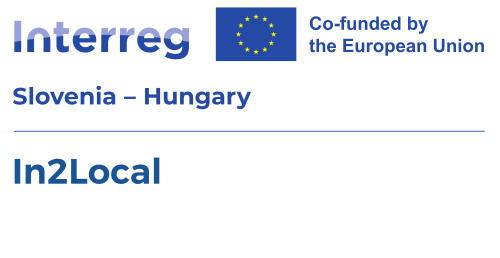 The aim of the In2Local project is to support local food producers and processors in Vas County and the Mura region in their transition to a circular economy, thereby promoting more sustainable and competitive local food production.
The aim of the In2Local project is to support local food producers and processors in Vas County and the Mura region in their transition to a circular economy, thereby promoting more sustainable and competitive local food production.
Since the project’s launch in December 2023, a close working relationship has been established from the outset between two Slovenian and two Hungarian partner organizations. As a first step, the partnership mapped the good practices of food producers and processors in Vas County and the Mura region in the fields of sustainability and circular economy, their competencies in these areas, as well as the material flow in their production and processing processes. Based on a jointly developed methodology, data was collected from 58 Slovenian and Hungarian producers/processors. The responses were used to identify and map opportunities and gaps that could be bridged with circular economy technologies and solutions, which were then compiled into a report and transformed into a digital publication.
In order for the partners to provide not only strategic but also tailored assistance to local food producers and processors in transitioning to a circular economy, the Hungarian colleagues participated in the University of Pannonia’s three-session training titled “Introduction to the Circular Economy” in February 2024. Since then, they have been further developing their knowledge in this field with the help of an environmental engineer. The training for the Slovenian colleagues took place in autumn 2024, during which they visited the CEROP regional waste management center, a key player in bringing together different stakeholders—local governments, businesses, and the population—to implement the principles of the circular economy. The training offered an opportunity to learn about concrete examples of good practices in the region. Representatives of CEROP presented their successful projects related to waste recycling and reuse, including efforts to reduce the use of plastic bags and to encourage material recycling among local businesses.
Following the knowledge-enhancing partner trainings, an action plan was prepared outlining the measures the partners will implement and how they will carry them out to build a supportive environment. The plan also serves as guidance on how to help local producers make the processes of production, storage, packaging, and transportation more environmentally friendly and cost-effective. Its objective is to integrate sustainability into the everyday operations of producers in the long term.
In parallel with the development of the action plan, the partners also compiled educational materials for various food production sectors—such as fruit and vegetable cultivation, winemaking, meat and dairy production, and beekeeping—in autumn 2024. The knowledge contained in these materials was presented to the producers who responded to the call through a training session and an on-site consultation in spring 2025. One of the main goals of the training was to turn theoretical knowledge into concrete business development steps. Additionally, the practical training also served to assess the quality of the educational materials, examining whether they truly contained all the necessary information and knowledge a producer might need to integrate the principles of the circular economy into their processes.
During the final semester of the project, the partners will organize study visits to learn about good practices and expand their own competencies. They will also develop a pilot data exchange model. The project’s results are planned to be presented at a public event in Szombathely. Producers and their trainers will be invited to the event, where they will share their experiences in a roundtable discussion on what it meant for them to receive and adopt the foundations of the circular economy. The goal is to inspire other producers to incorporate this knowledge into their own production and processing practices. The conference will also feature presentations on the latest scientific approaches. To ensure this, researchers from agricultural research institutes and universities will be invited to deliver lectures that convey topic-specific trends in an accessible manner.
The professional work will not cease at the end of the project but will continue at a systemic level within the partner organizations.
Photos by In2Local

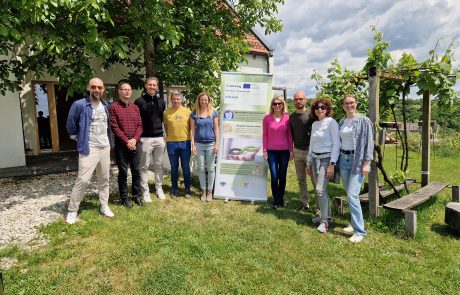
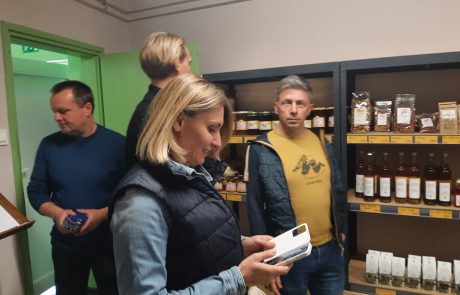
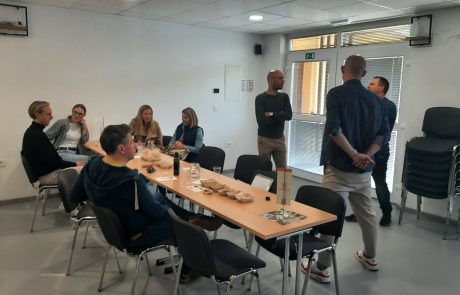
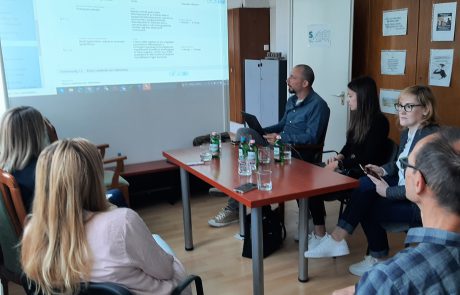
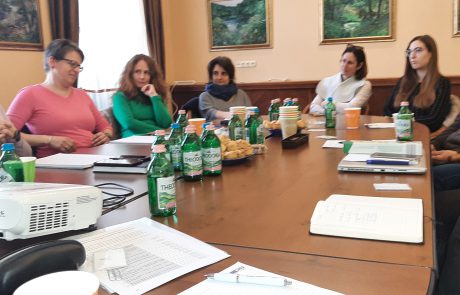
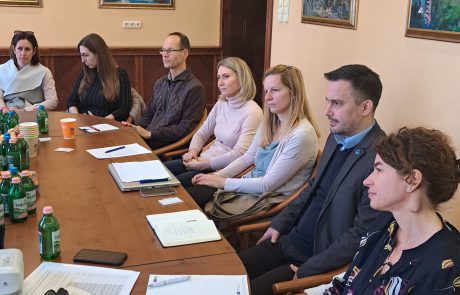
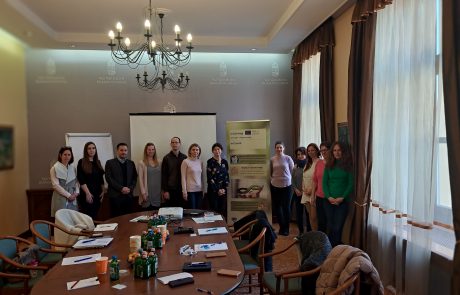
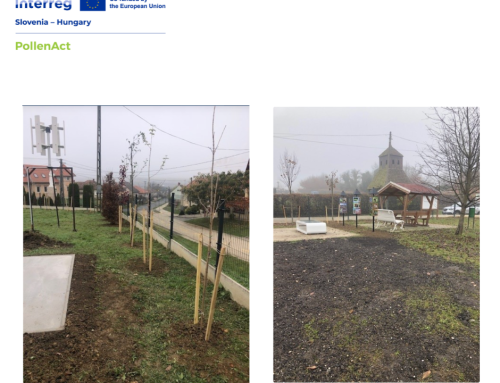
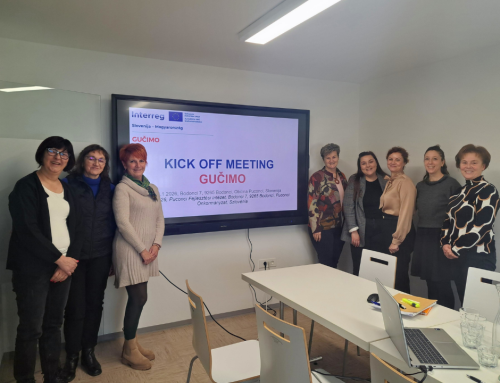
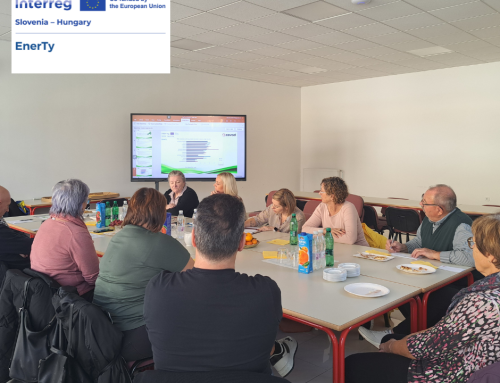
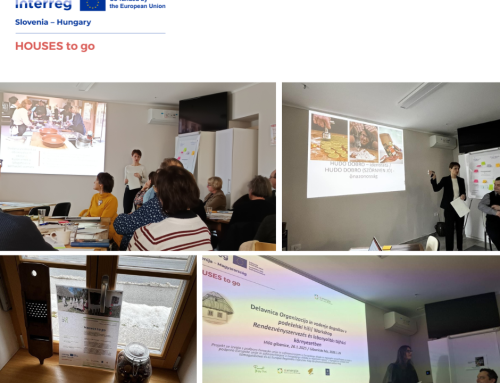
Leave A Comment